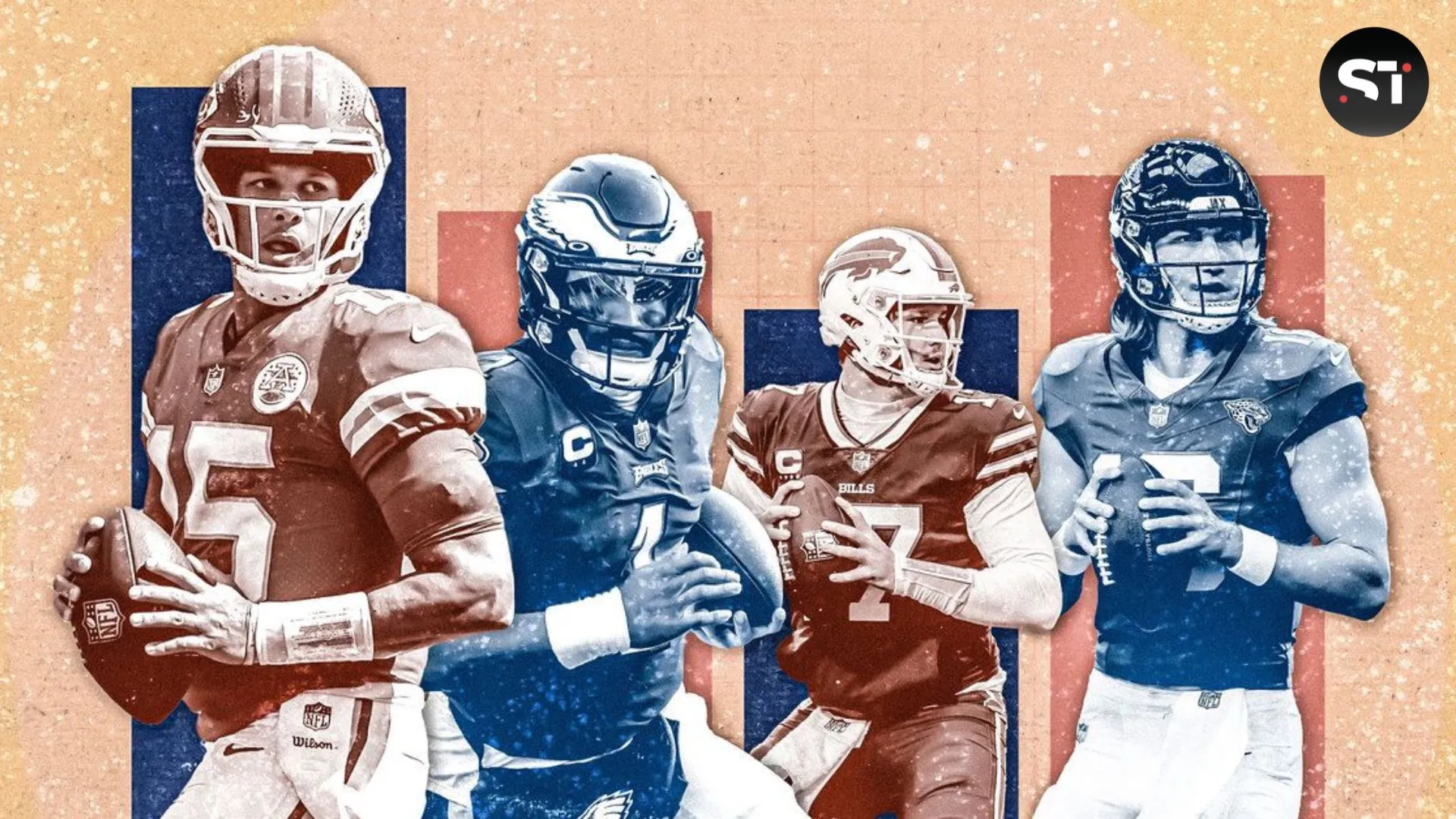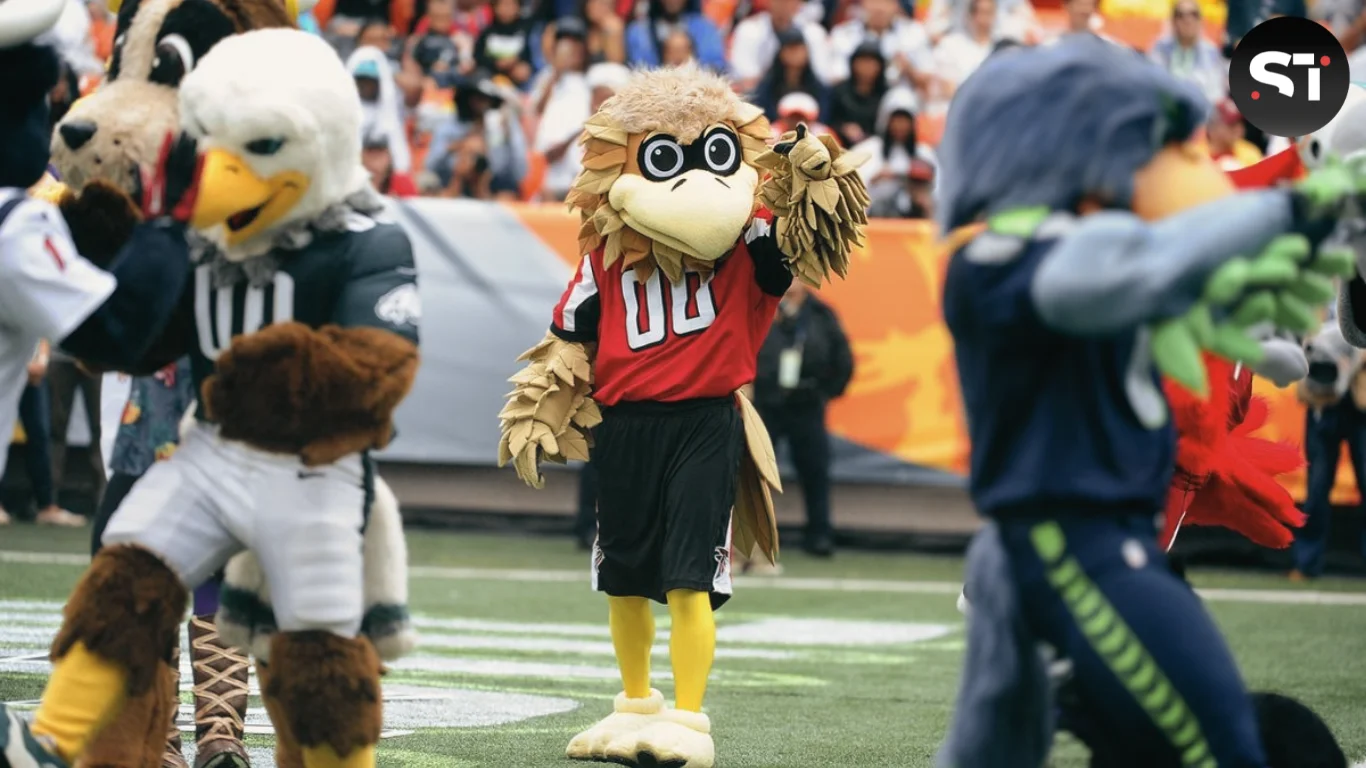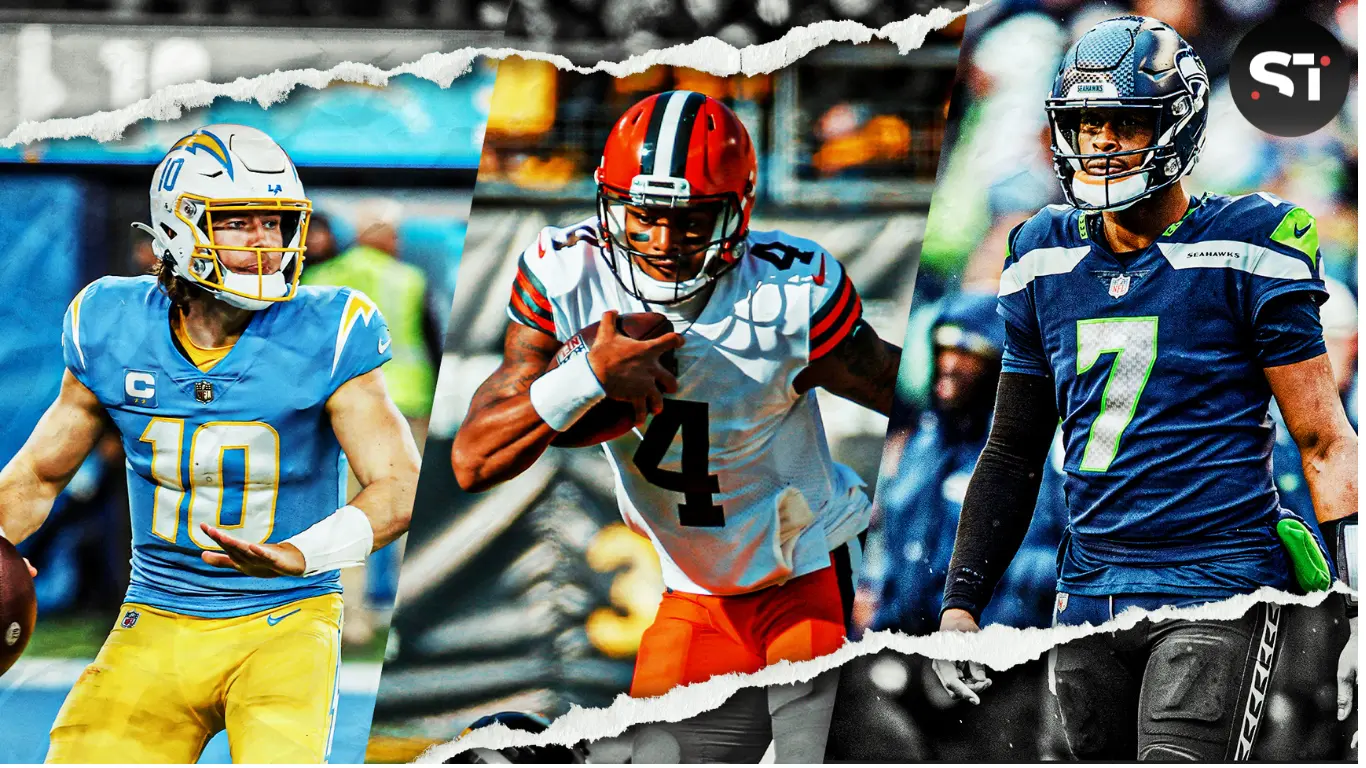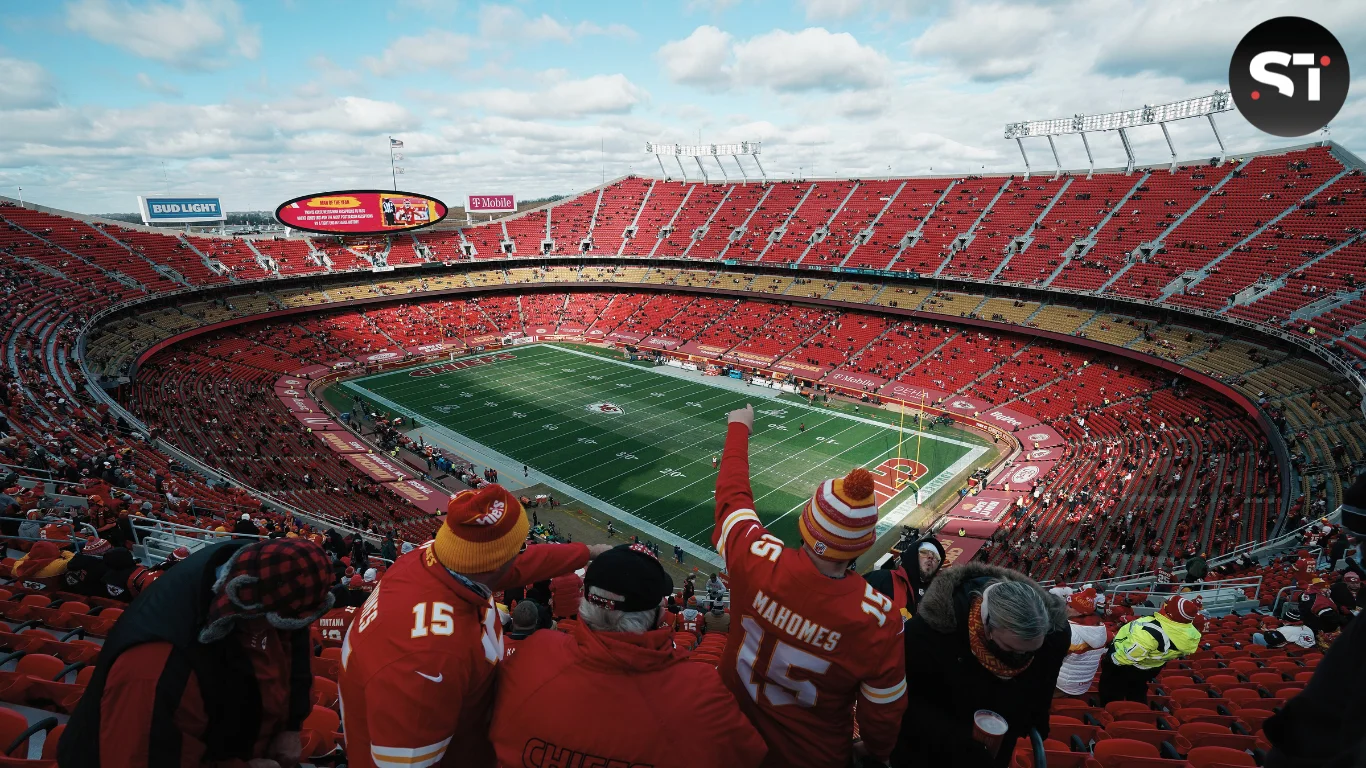In the fast-paced world of the National Football League (NFL), the role of a coach goes far beyond designing game strategies and making play calls. NFL coaches have a profound influence on team dynamics, shaping the morale, unity, and overall performance of their teams.
The effectiveness of a coach can often be the difference between a championship run and a disappointing season. This article explores the various ways NFL coaches impact team dynamics, examining how their leadership styles, decision-making processes, and interpersonal skills affect their teams.
Leadership Styles and Their Impact

Authoritative Leadership
Many successful NFL coaches adopt an authoritative leadership style, characterized by clear direction and decisive action. This approach creates a structured and disciplined environment, which is essential in professional sports.
For instance, Bill Belichick of the New England Patriots epitomizes this style with his meticulous preparation and strict adherence to game plans. Under authoritative leadership, players understand their roles and expectations, which can enhance overall team efficiency and performance.
Transformational Leadership
On the other hand, some coaches embrace a transformational leadership style, inspiring and motivating players through a shared vision and personal example. Coaches like Pete Carroll of the Seattle Seahawks use this style to foster a positive, energetic team culture.
Transformational leaders focus on personal development and team cohesion, often resulting in a more resilient and adaptable team. This approach significantly enhances NFL coaches team dynamics, as players feel valued and empowered to contribute to the team’s success.
Decision-Making and Its Consequences

Strategic Decisions
The strategic decisions made by NFL coaches during games have immediate and visible impacts on team dynamics. Decisions about play-calling, clock management, and player substitutions can alter the course of a game and influence team morale. A coach who consistently makes smart, strategic decisions builds trust and confidence within the team.
For example, Andy Reid of the Kansas City Chiefs is known for his innovative offensive strategies, which not only lead to victories but also foster a dynamic and confident team environment.
Handling Adversity
How a coach handles adversity—whether it’s a losing streak, injuries, or off-field issues—can also profoundly affect NFL coaches team dynamics. Coaches who maintain composure and provide steady leadership during tough times help stabilize the team and keep them focused.
Mike Tomlin of the Pittsburgh Steelers is renowned for his ability to navigate crises and keep his team united, highlighting the importance of resilience and adaptability in coaching.
Interpersonal Skills and Team Cohesion

Communication
Effective communication is a cornerstone of successful coaching. Coaches who can clearly convey their vision, strategies, and feedback help align the team’s efforts toward common goals. Open and honest communication fosters trust and transparency, which are crucial for strong team dynamics.
Sean McVay of the Los Angeles Rams is known for his exceptional communication skills, enabling him to connect with players and staff on a personal level and enhance overall team cohesion.
Building Relationships
Building strong relationships with players is another critical aspect of influencing NFL coaches team dynamics. Coaches who invest time in understanding their players’ strengths, weaknesses, and motivations can tailor their coaching strategies to maximize each player’s potential.
This personalized approach boosts morale and fosters a sense of loyalty and commitment to the team. John Harbaugh of the Baltimore Ravens exemplifies this approach, creating a supportive and inclusive team culture that promotes both individual and collective success.
Psychological and Emotional Influence

Motivation and Morale
NFL coaches play a pivotal role in motivating their teams and maintaining high morale. Motivational tactics vary, from pre-game speeches to one-on-one encouragement. Coaches like Mike Vrabel of the Tennessee Titans use a combination of motivational techniques to keep their players focused and driven.
High morale often translates to better performance, resilience, and the ability to overcome challenges, highlighting the significant impact of NFL coaches team dynamics.
Conflict Resolution
Conflict is inevitable in any team setting, and how a coach handles conflicts can make or break team dynamics. Effective conflict resolution involves addressing issues promptly and fairly, ensuring that all parties feel heard and respected.
Coaches who excel in this area can prevent small issues from escalating and maintain a harmonious team environment. The ability to mediate conflicts and restore harmony is a crucial aspect of a coach’s influence on team dynamics.
Case Studies of Influential NFL Coaches
Bill Belichick and the New England Patriots
Bill Belichick’s tenure with the New England Patriots provides a compelling case study of how NFL coaches team dynamics can lead to sustained success.

Belichick’s authoritative leadership, strategic brilliance, and attention to detail have resulted in multiple Super Bowl victories. His ability to adapt strategies and manage team dynamics effectively sets a high standard in the NFL.
Pete Carroll and the Seattle Seahawks
Pete Carroll’s transformational leadership style with the Seattle Seahawks offers another perspective on the influence of coaches. Carroll’s emphasis on positive reinforcement, personal growth, and team cohesion has created a culture of resilience and camaraderie.

His approach demonstrates how fostering a supportive environment can lead to sustained competitive performance.
Suggested Read: Exploring the Psychology of NFL Fans
Final Thoughts
The influence of NFL coaches on team dynamics is profound and multifaceted. From leadership styles and strategic decision-making to communication skills and emotional intelligence, coaches shape the very fabric of their teams.
The success of NFL coaches team dynamics is evident in the performance, cohesion, and resilience of their teams. By understanding and leveraging these dynamics, coaches drive their teams to new heights of success, making their role indispensable in professional football.
The best NFL coaches recognize the importance of team dynamics and foster an environment where players thrive, ensuring long-term success in the evolving landscape of professional sports.







